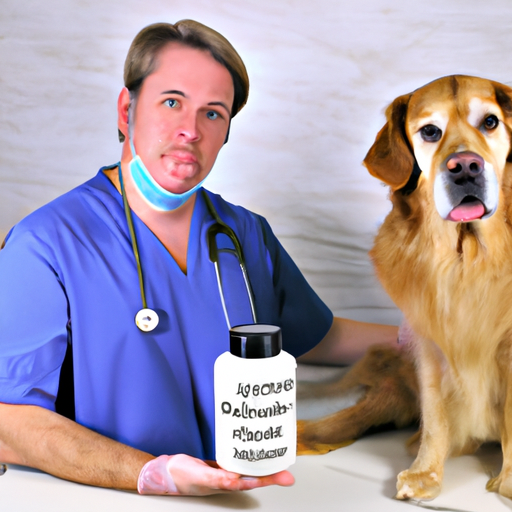A bladder infection in your furry friend can cause discomfort and worry. However, you’re not alone, and there are several options to help manage and treat the situation. Let’s explore the best ways to treat your dog’s bladder infection.
H2: Recognizing the Symptoms of a Bladder Infection in Dogs
Before you can treat a bladder infection, you need to recognize the signs. If you notice any of the following symptoms, it may indicate a bladder infection in your dog:
- Frequent urination
- Blood in the urine
- Difficulty urinating
- Urinating in inappropriate places
- Crying or whimpering during urination
H2: Consulting with a Veterinarian
Upon recognizing these symptoms, it’s crucial to consult with a veterinarian immediately. They can provide an accurate diagnosis and recommend the best course of treatment. This typically includes:
- Antibiotics: The most common treatment for bladder infections in dogs
- Dietary changes: Specific foods can help dissolve bladder stones that may be causing the infection
- Surgery: In severe cases, surgery may be necessary to remove bladder stones or tumors
| Treatment Type | Pros | Cons |
|---|---|---|
| Antibiotics | Effective, Quick relief | Possible side effects |
| Dietary changes | Non-invasive, Long-term solution | Requires commitment, May take time to see effects |
| Surgery | Direct, Can remove physical causes | Invasive, Risky, Expensive |
H2: Home Remedies and Care
Beyond veterinary treatment, there are steps you can take at home to support your dog’s recovery. Always consult your vet before trying new remedies:
- Hydration: Encourage your dog to drink more water to help flush out the infection.
- Healthy food: Provide a balanced diet to support overall health and immunity.
- Regular bathroom breaks: Frequent urination can help clear the infection.
H2: Prevention of Future Infections
Preventive measures are essential to avoid future bladder infections. Consider these steps:
- Regular vet check-ups: Early detection can help prevent severe infections
- Hydration: Ensure your dog always has access to clean drinking water
- Balanced diet: A diet that supports urinary health can help prevent bladder infections
H2: Frequently Asked Questions (FAQ)
Q: Can bladder infections in dogs resolve themselves?
A: While mild infections might clear up, it’s important to consult a vet to avoid complications.
Q: What food is good for a dog with a bladder infection?
A: Foods low in protein, phosphorus, magnesium, and high in moisture can help.
Q: Can a dog die from a bladder infection?
A: If left untreated, severe bladder infections can lead to life-threatening complications.
Remember, you’re not alone in managing your dog’s health. Consult with professionals, arm yourself with knowledge, and you’ll be well equipped to help your furry friend.



